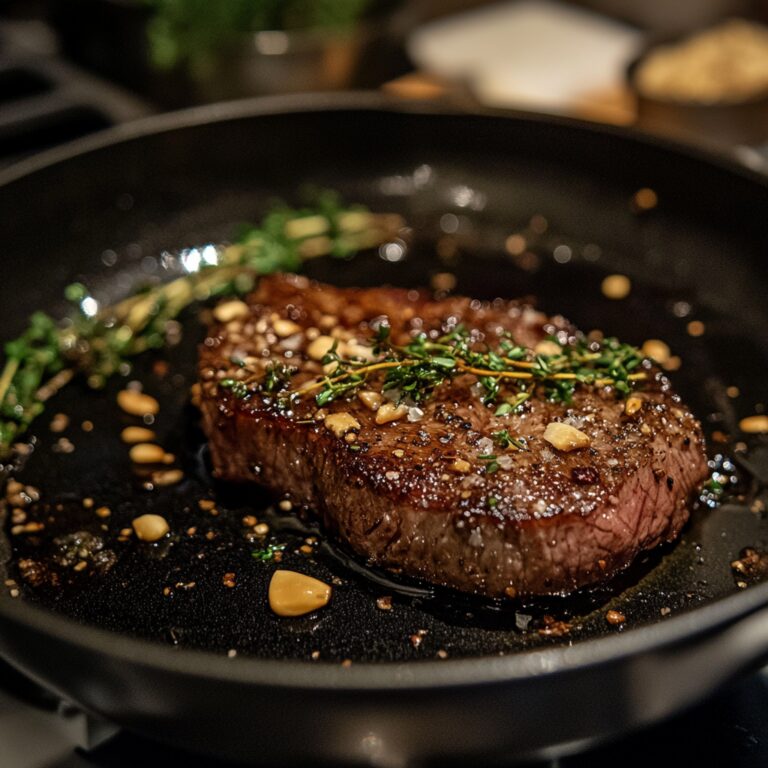Master the Art of Lacing a Corset: Step-by-Step Guide
Corsets have made a significant comeback in recent years, transcending historical costume into a chic, modern fashion statement. Knowing how to properly lace a corset is essential if you want to enjoy its full benefits while ensuring comfort and support. This comprehensive guide will help you master the art of corset lacing with ease.
Why Proper Lacing is Important
Properly lacing a corset is more than just an aesthetic endeavor; it is crucial for several practical reasons:
- Comfort: Incorrect lacing can result in discomfort or even pain.
- Support: A correctly laced corset offers optimal back support.
- Durability: Proper lacing ensures the corset lasts longer.
- Silhouette: Achieves a balanced, flattering figure.
Prepping Your Corset
Before diving into the lacing process, ensure your corset is properly set up.
Understanding the Components
A typical corset consists of several essential parts:
- Busk: The front closure with hooks and eyes.
- Panels: The fabric sections that make up the body of the corset.
- Bindings: The edges of the corset, often finished with trim or ribbon.
- Grommets: The holes where the laces go through, usually reinforced with metal rings.
Selecting the Right Laces
Choose laces that are made of strong, durable material, such as cotton or polyester. The length should be sufficient to comfortably lace your corset, typically between 4 to 10 yards depending on the corset’s size.
Lacing Your Corset: Step-by-Step
Step 1: Start Loosening the Laces
Before you begin lacing, make sure the corset is sufficiently loosened. This makes it easier to put on and adjust. Here’s how to do it:
- Locate the laces’ midpoint by stretching them out.
- Pull the “bunny ears” or the central loop to slacken the entire length of the lace.
Step 2: Positioning the Corset
With the corset loosened, wrap it around your torso, matching each side of the busk at the front.
- Fasten the busk by starting from the bottom hook and working your way up to the top.
- Ensure the corset aligns properly by checking for even spacing along the back.
Step 3: Begin Lacing
Now, you’re ready to lace the corset.
- Find the Midpoint: Divide the length of the lace evenly and pull it through the central grommets at the top of the corset.
- Crisscross Pattern: Take one lace and pass it through the next grommet directly opposite on the other side, repeating this crisscrossing technique all the way down.
Step 4: Creating Bunny Ears
When you reach the waistline or halfway point, create loops or “bunny ears” by twisting the lace into two loops on each side. These will be used later to tighten the corset.
Step 5: Finish Lacing
Continue the crisscross pattern down to the bottom of the corset. At this point, you should have two ends of the lace remaining.
Step 6: Tightening the Laces
Use the bunny ears to tighten your corset:
- Begin by pulling the laces at the top of the corset snug but not tight.
- Gradually work your way down, pulling each cross-section slightly tighter.
- Use the bunny ears to cinch the waist tighter by pulling them outward.
- Adjust the tension evenly on both sides.
Step 7: Securing the Laces
Once your corset feels comfortably snug and supportive, secure the laces:
- Tie the two bottom lace ends into a secure bow or knot.
- Hide any excess lace by tucking it into the top or bottom of the corset.
Tips for Maintaining Your Corset
Proper maintenance can prolong the life and efficacy of your corset.
Cleaning
Spot-clean your corset with a damp cloth and mild detergent. For a deeper clean, consider professional dry cleaning services.
Storage
Always store your corset flat or hung up in a cool, dry place. Avoid direct sunlight to prevent fabric damage.
Common Mistakes and How to Avoid Them
Over-tightening
Avoid tightening your corset too much, especially during the first wear. Over-tightening can cause discomfort and damage the corset.
Incorrect Lacings
Double-check your crisscross pattern to ensure it’s consistent. Incorrect lacing can lead to uneven pressure distribution.
Neglecting the Busk
Make sure the busk is securely fastened before you begin tightening the laces. An unfastened busk can create an improper fit.
Conclusion
Mastering the art of lacing a corset takes practice, but with this step-by-step guide, you’ll be well on your way to achieving a comfortable, supportive, and stunning fit. Remember, the key is patience and attention to detail. Happy lacing!





